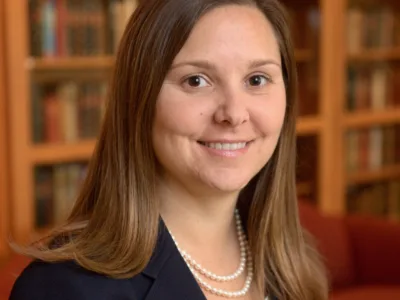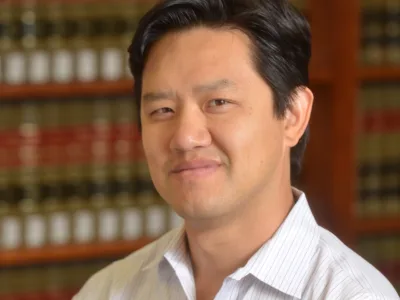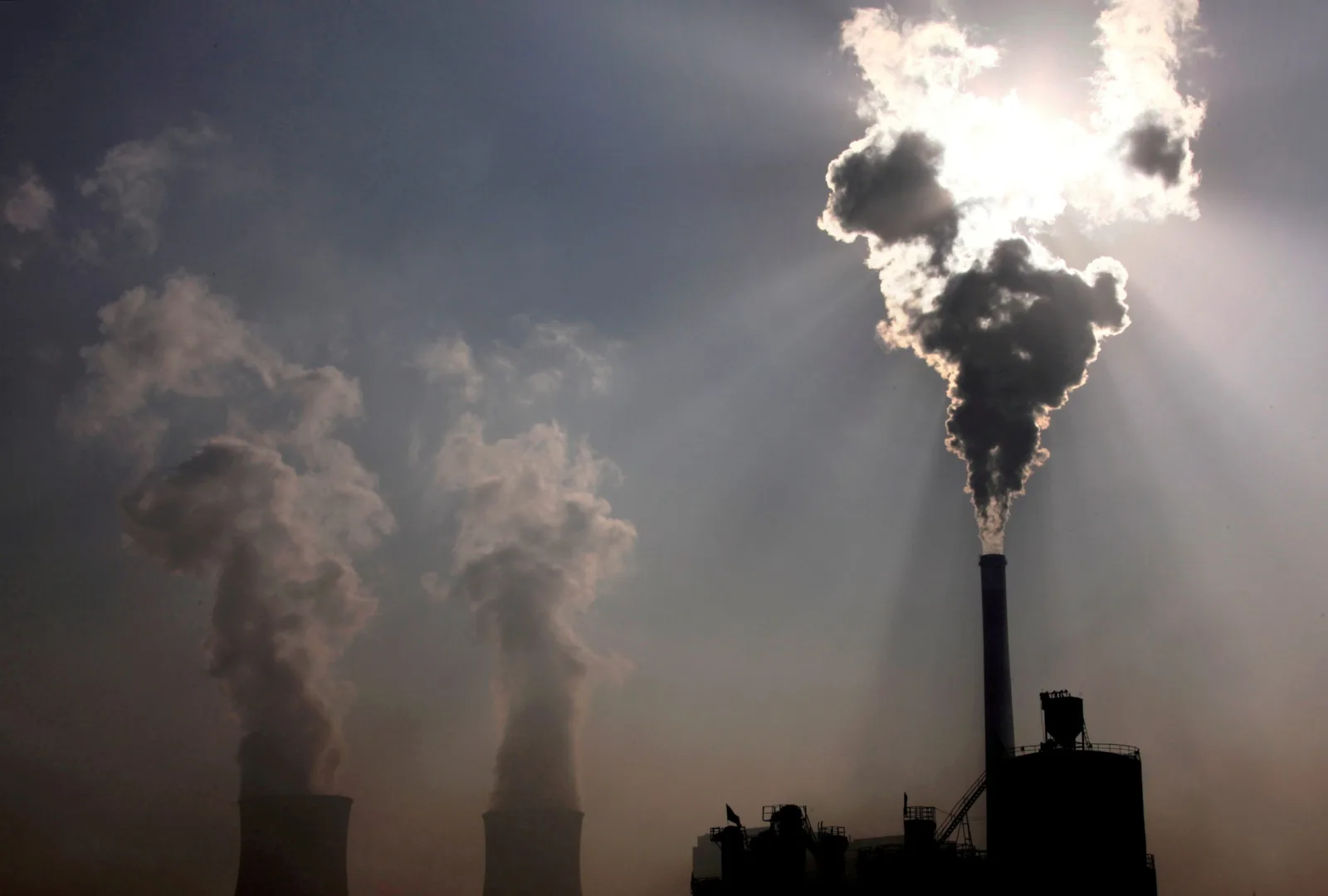SOS! Sino-American Cooperation Needed to Save the Planet
A week after taking office, President Biden announced a whole-of-government approach to combat “the existential threat of climate change.” He signed three executive orders, one of which “makes it official that climate change will be at the center of our national security and foreign policy.” As the world’s two largest economies and carbon emitters, the United States and China are uniquely positioned to mobilize international action, and their collaboration is essential if the world is to make the transformational progress needed to confront the pressing threat of climate change. U.S.-China relations are at their lowest point since normalization. But efforts to find common ground will be center stage as President Biden hosts a virtual summit on climate for global leaders on April 22-23 and U.S. Climate Envoy John Kerry returns from his visit to China and South Korea. Join us on Earth Day, April 22 from 1 to 2pm EDT, to explore possible environment-related confidence-building measures with China, including green technology projects, to work through the challenges in the bilateral relationship for the good of the American people and the planet. Panelists are Joanna Lewis, Associate Professor and Director of Science, Technology and International Affairs Program at Georgetown University; Jonas Nahm, Assistant Professor of Energy, Resources, and Environment at SAIS; Alex Wang, Professor of Law at UCLA School of Law; and Michael Swaine of the Quincy Institute who will moderate the discussion.
Topics
Panelists

Joanna Lewis
Joanna Lewis is Provost’s Distinguished Associate Professor of Energy and Environment and Director of the Science, Technology and International Affairs Program (STIA) at Georgetown University’s Edmund A. Walsh School of Foreign Service. Her research examines technical determinants of energy and climate policy, as well as technology transfer and innovation in the energy sector. Much of her work focuses on China, where she has worked on energy and climate issues for two decades. She is the author of the award-winning book Green Innovation in China, and was a Lead Author of the Intergovernmental Panel on Climate Change’s Fifth Assessment Report. Dr. Lewis has previously worked at a number of governmental and non-governmental organizations including Lawrence Berkeley National Laboratory, the Pew Center on Global Climate Change, the Asia Society and the White House Council on Environmental Quality, and has been a visiting scholar at Tsinghua University, the Woodrow Wilson International Center for Scholars and the East-West Center. Lewis holds a Master’s and Ph.D. in Energy and Resources from the University of California, Berkeley and a Bachelor’s degree in Environmental Science and Policy from Duke University.

Jonas Nahm
Jonas Nahm is Assistant Professor of Energy, Resources, and Environment at the Johns Hopkins School of Advanced International Studies. His research interests focus on the intersection of economic and industrial policy, energy policy, and environmental politics. In particular, he studies the role of the state in processes of industrial restructuring that accompany responses to climate change and clean energy transitions more broadly. His work utilizes clean energy transitions in China, Germany, and the United States to engage two debates in comparative political economy: (1) the role of the state in shaping the international division of labor in highly globalized industries, and (2) sources of state capacity in interest group politics during periods of industrial restructuring.
In addition to his work on renewable energy industries, Jonas has ongoing research projects on the politics of greening the global auto sector, the subnational determinants of climate policies, and green growth strategies during the post-Covid economic recovery. Prior to coming to Johns Hopkins SAIS, Jonas was a Postdoctoral Fellow at the Watson Institute for International and Public Affairs at Brown University. He holds a PhD in Political Science from MIT and speaks German and Mandarin Chinese.

Alex Wang
Alex Wang is Professor of Law at UCLA School of Law. His research focuses on the interaction of environmental law and governance institutions in China and the United States. He is a member and former fellow of the National Committee on U.S.-China Relations, and a member of the Council on Foreign Relations. He serves on the board of the Environmental Law Institute, and is a co-chair of the academic advisory committee for the California-China Climate Institute, a collaboration between the State of California and China on climate change law and policy. He is an advisory board member for the Institute for Public & Environmental Affairs, a leading Chinese environmental organization. Prof. Wang was previously a senior attorney for the Natural Resources Defense Council (NRDC) based in Beijing and the founding director of NRDC’s China Environmental Law & Governance Project. He currently serves on NRDC’s China Advisory Council. He was a Fulbright Fellow to China in 2004. He holds a B.S. in Biology from Duke University and a J.D. from New York University School of Law.

Michael D. Swaine
Michael D. Swaine, director of QI’s East Asia program, is one of the most prominent American scholars of Chinese security studies. He comes to QI from Carnegie Endowment for International Peace, where he worked for nearly twenty years as a senior fellow specializing in Chinese defense and foreign policy, U.S.-China relations, and East Asian international relations. Swaine has authored and edited more than a dozen books and monographs, including Remaining Aligned on the Challenges Facing Taiwan (with Ryo Sahashi; 2019), Conflict and Cooperation in the Asia-Pacific Region: A Strategic Net Assessment (with Nicholas Eberstadt et al; 2015) and many journal articles and book chapters. Swaine received his doctorate in government from Harvard University and his bachelor’s degree from George Washington University.
